
The announcement of Windows 11 late last month had many fans pointing out similarities to Apple's macOS. Well, one software company feels that Microsoft's upcoming operating system really should work on this year's MacBook Pro 2021 featuring Apple's M1X chip.
Parallels, known for creating hardware virtualization software to run Windows on Macs, has confirmed to iMore that it's now working on bringing Windows 11 to M1-based Apple hardware.
- Windows 11 release date, beta, requirements and more
- Windows 11 vs macOS Monterey — 6 ways Microsoft already wins
- Plus: Gurman: New MacBook Pro 2021 still coming this year
Parallels actually cracked the code to bring Windows on M1 MacBooks earlier this April. The company is bringing that expertise toward its Windows 11 hardware virtualization software. Although, considering that Windows 11 will have greater support from Arm-based chips like from Qualcomm, the process will likely be a tad easier. Heck, Windows 11 even runs on Microsoft's ill-fated Lumia 950 XL Windows Phone.
"Since Windows 11 has just been announced recently, the Parallels Engineering team is waiting for the official Windows 11 Insider Preview build to start studying changes introduced in the new OS to deliver full compatibility in future Parallels Desktop updates," said Nick Dobrovolskiy, senior vice president of engineering and support in an interview with iMore.
Microsoft has since released the Insider Preview build, which is available to install now. Be sure to read our how to install Windows 11 step-by-step guide, although we do recommend you load it on to a secondary system.
In the past, Mac users could easily partition their hard drives and load a copy of Windows to dual boot. That's because Macs ran on Intel chips. But with the release of the M1 chip last year, Apple stopped support of Boot Camp.
Parallels uses hardware virtualization, or creating a virtual machine through software, to get Windows' X86 code to work on M1. Parallels does require a yearly subscription to continue getting software support for Windows on Mac, which is a slight annoyance for those that used to use Boot Camp with little fuss.
Sign up to get the BEST of Tom's Guide direct to your inbox.
Get instant access to breaking news, the hottest reviews, great deals and helpful tips.
Parallels claims that more than 7 million people use its software, showing that there is demand among Mac users for Windows compatibility. With the release of Windows 11 rumored to take place in October, Parallels has yet to put a release date on its virtualization software. But we wouldn't be surprised if it launches around the same timeframe.
Imad is currently Senior Google and Internet Culture reporter for CNET, but until recently was News Editor at Tom's Guide. Hailing from Texas, Imad started his journalism career in 2013 and has amassed bylines with the New York Times, the Washington Post, ESPN, Wired and Men's Health Magazine, among others. Outside of work, you can find him sitting blankly in front of a Word document trying desperately to write the first pages of a new book.
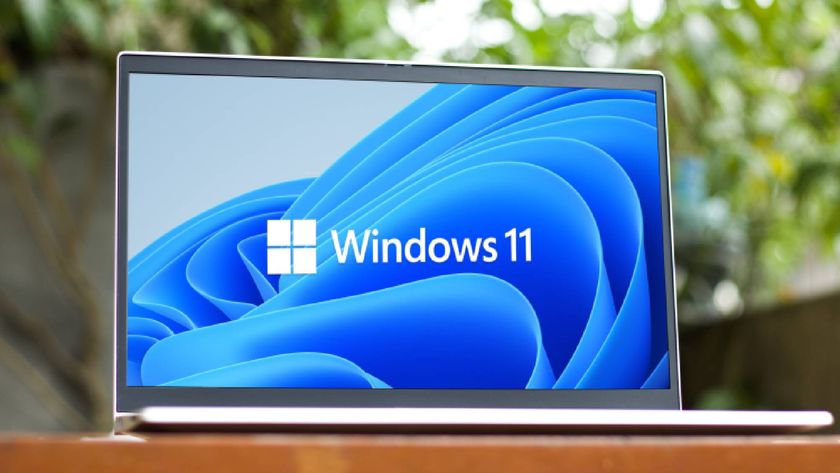
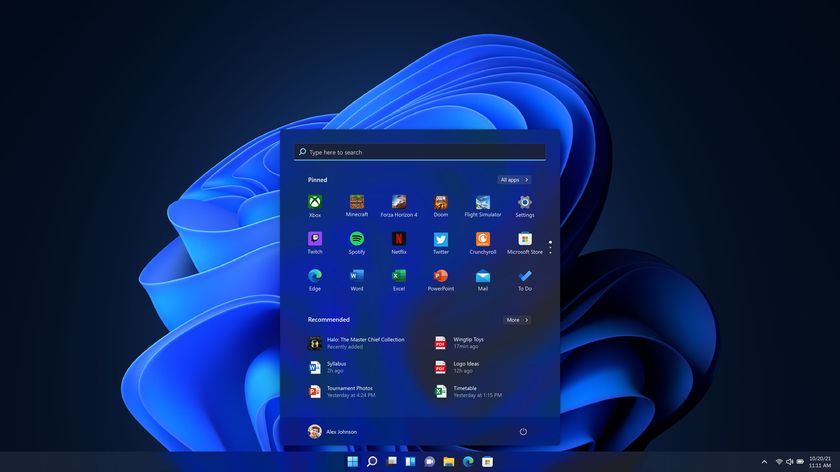
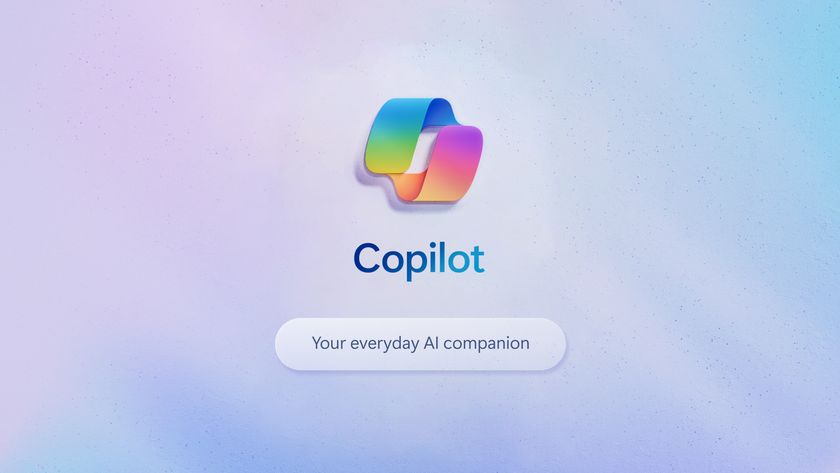

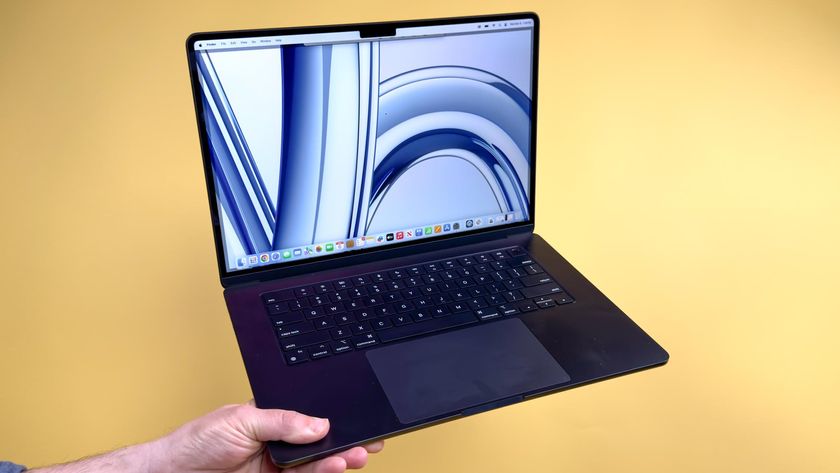
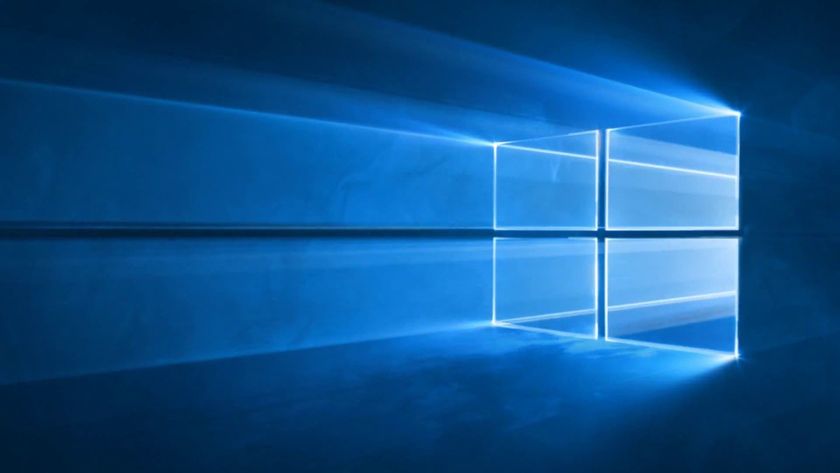
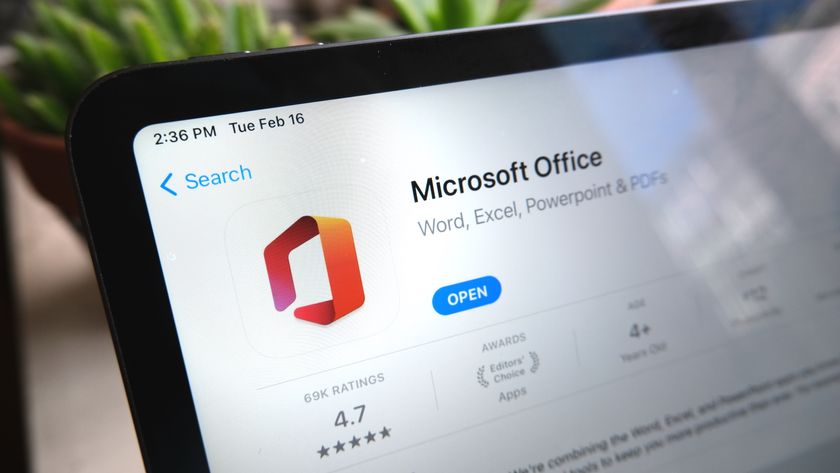



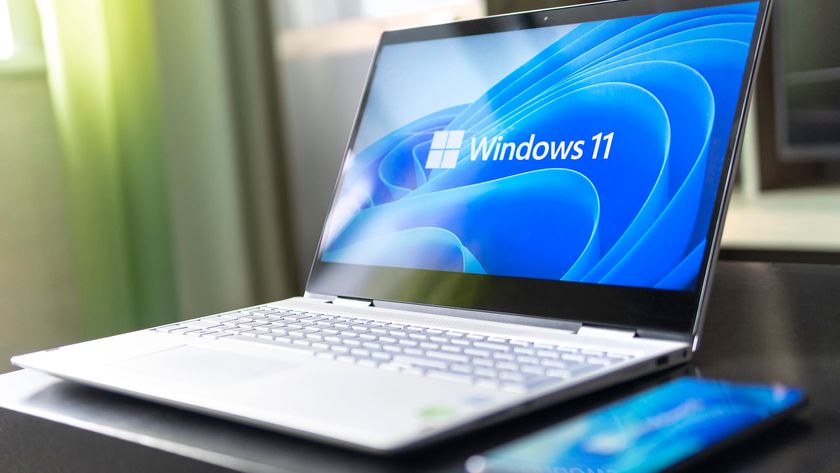
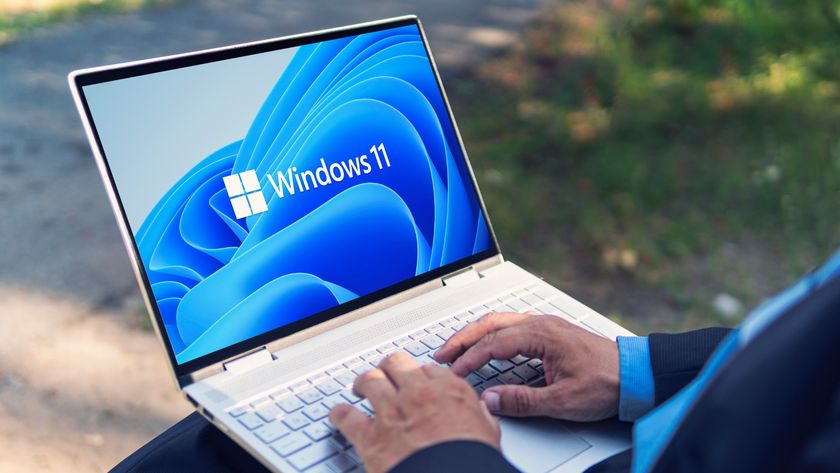
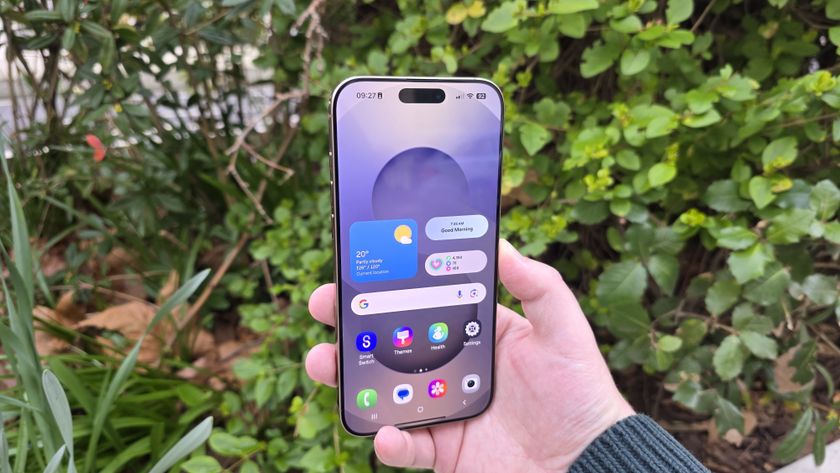
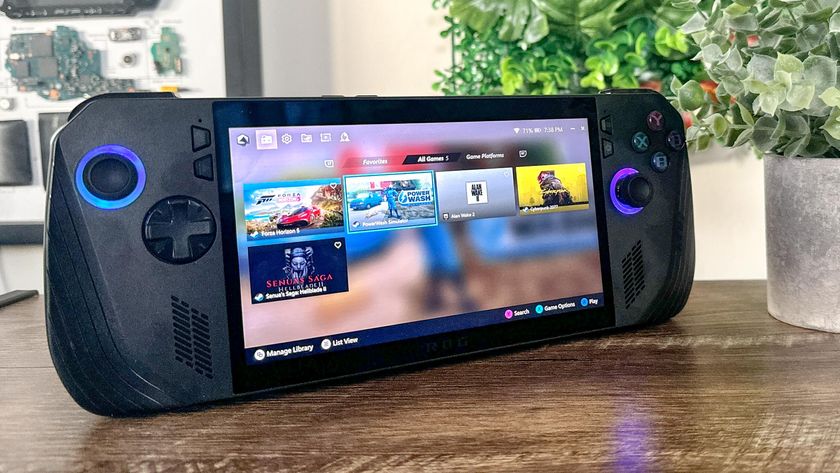


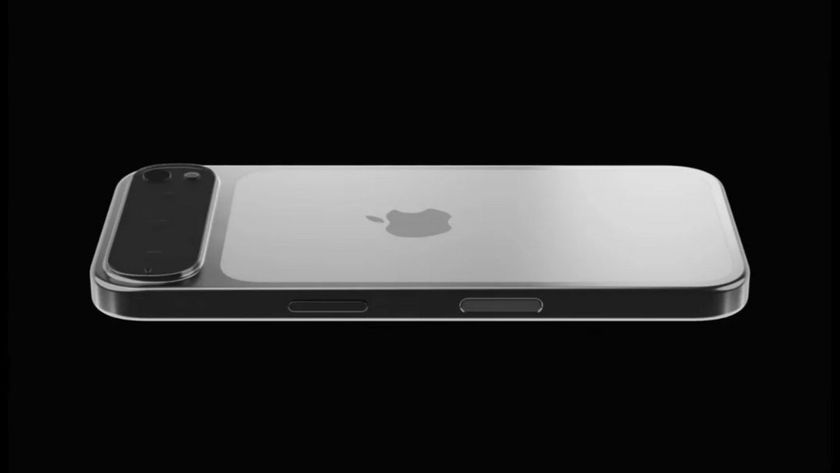

-
tehrules ReplyParallels uses hardware virtualization, or creating a virtual machine through software, to get Windows' X86 code to work on M1
Well that's completely incorrect. The M1 version of Parallels will ONLY run ARM based versions of Windows.
Windows ARM will emulate 32-bit x86 code, and if you're lucky that it works to any degree 64-bit. Sadly Microsoft dropped the ball vs Apple's Rosetta and its native x86_64 code translation/emulation.





